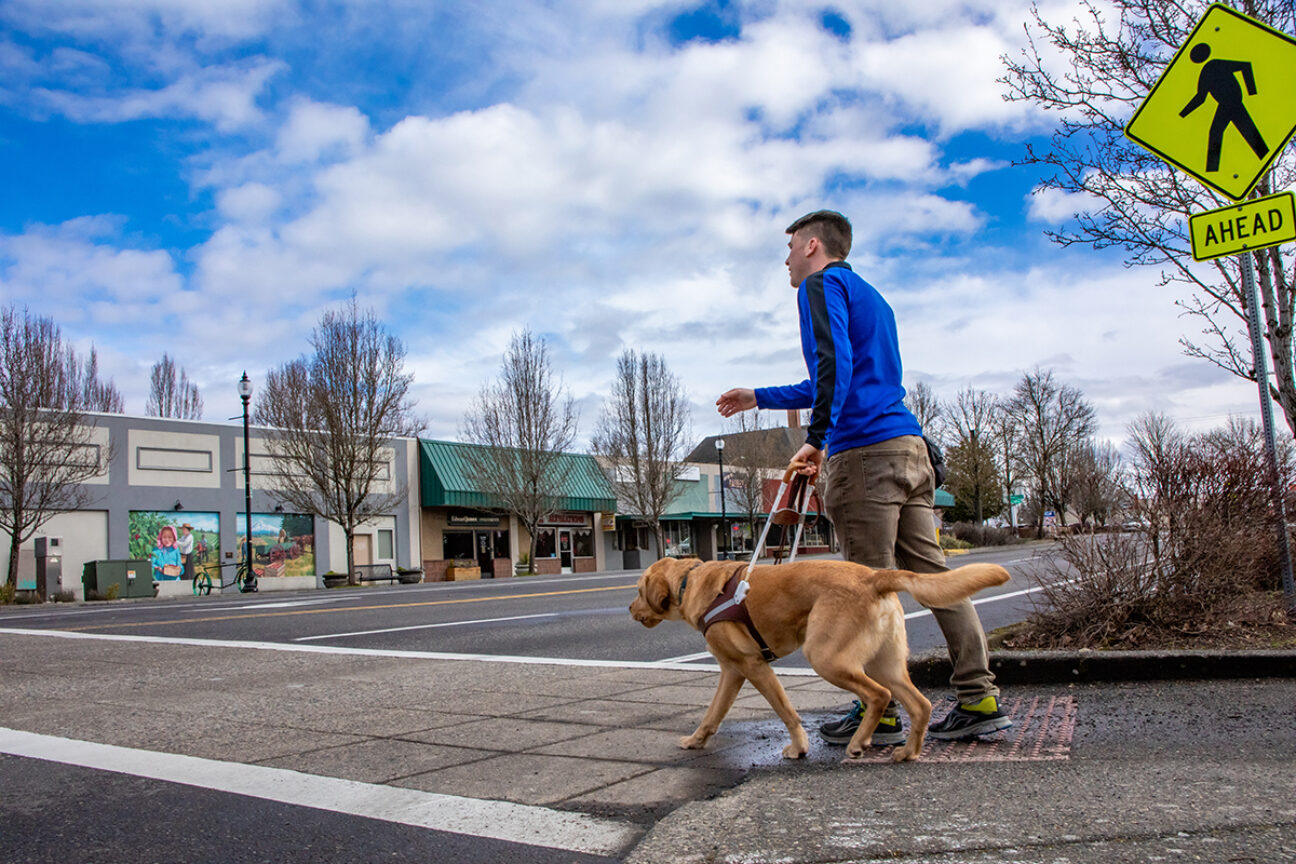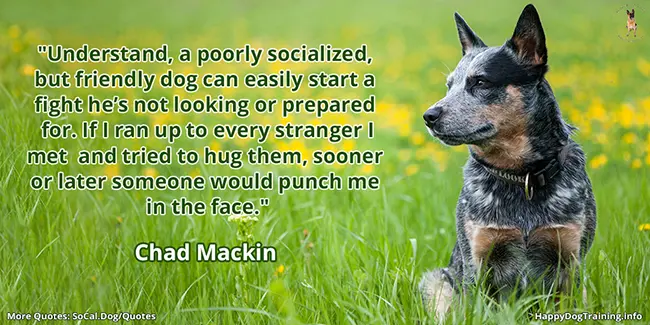Specialist Insights on Dog Training Charlotte NC: Change Your Dog Today
Unlock Your Pet dog's Potential: Proven Dog Training Approaches for Success
Reliable canine training is a nuanced process that rests on recognizing canine behavior and utilizing scientifically backed methods. dog training charlotte. By including positive support, establishing clear commands, and prioritizing socialization, dog owners can grow an effective partnership with their family pets. Nonetheless, challenges frequently develop that need customized solutions and an individual strategy. Checking out these proven approaches discloses not only the potential for behavior enhancement however also the much deeper bond that can be developed between proprietor and pet dog. What vital techniques must be considered to absolutely unlock your pet dog's capacity?
Recognizing Dog Habits
Understanding pet dog actions is necessary for effective training and cultivating a positive connection in between canines and their proprietors. A thorough understanding of canine body language, articulations, and social communications is important for identifying their needs and feelings. Pet dogs connect mainly via non-verbal cues; as an example, a wagging tail might show exhilaration, while pinned ears can signal worry or submission.

Additionally, environmental elements play a significant role fit a pet's actions. Modifications in routine, new environments, or the visibility of unknown individuals can lead to stress or anxiety in pets. Identifying these triggers allows proprietors to reduce unfavorable reactions and create proper training techniques.
Ultimately, a deep understanding of pet habits lays the foundation for effective training techniques, improving both actions and the general bond between the pet and its proprietor. Dog training. This knowledge is essential for cultivating a well-adjusted, pleased canine buddy
Favorable Support Methods
Efficient training relies greatly on positive reinforcement techniques, which have actually been shown to produce significant cause shaping wanted behaviors in dogs. This approach includes awarding a pet for showing specific habits, therefore enhancing the likelihood that these habits will certainly be duplicated. Rewards can take numerous forms, including treats, appreciation, toys, or play, depending on what inspires the specific dog.

It is necessary to gradually terminate incentives as the canine learns the habits, transitioning to periodic support. This method keeps the actions gradually while avoiding dependence on continuous rewards. By concentrating on positive reinforcement, trainers can cultivate a trusting connection with their pet dogs, advertising a participating and healthy training setting that improves overall obedience and performance.
Developing Consistent Commands
A fundamental aspect of successful pet training is the establishment of regular commands. Consistency in commands is crucial for efficient communication between the instructor and the pet dog. When commands are uniform, dogs discover to associate details words with wanted actions, which increases the training procedure and improves understanding.
To establish constant commands, it is vital that all member of the family make use of the exact same terms and gestures. If one person uses "sit" while another claims "rest down," it can develop confusion for the pet dog. Select clear, distinct words for commands and make sure everybody included in the dog's training complies with these choices.
Additionally, rep is vital. Enhance commands through constant method, ensuring that the canine obtains sufficient possibilities to respond properly. When a dog effectively follows a command, prompt favorable reinforcement needs to follow. This might be in the kind of deals with, appreciation, or play, solidifying the link in between the action and the command.
Finally, hold your horses. Establishing regular commands takes time and effort. With commitment and clearness, you will aid your pet dog establish a strong understanding of assumptions, inevitably causing a well-behaved companion.
Socializing and Direct Exposure
Interacting socially a canine is important for fostering a well-adjusted and confident buddy. This process entails revealing your canine to a range of settings, people, and other pets to establish their social skills and flexibility. Early socializing, ideally in between the ages of three to fourteen weeks, is vital, as it prepares for a dog's future actions.
During socialization, goal to give positive experiences in different setups, such as parks, active roads, and homes with other pet dogs. Present your canine to numerous stimulations, including sounds, views, and scents, making certain that each experience is fulfilling. This direct exposure aids alleviate fear and anxiousness, leading the means for a more resistant dog.
Taking part in regulated group play sessions with other pets can additionally enhance social abilities, educating your pet dog appropriate interactions and borders. Always monitor your pet dog's click now convenience level during these experiences, slowly raising exposure as their confidence expands. Remember, the goal is to produce an all-around family pet that thrives in diverse circumstances, advertising a harmonious connection with both humans and other pets. Prioritizing socializing will significantly contribute to your pet dog's total happiness and actions throughout their life.
Conquering Common Training Obstacles

Another constant concern is interruption. Dogs might battle to concentrate in hectic or unknown setups. Progressively desensitize your canine to interruptions by beginning training in a peaceful environment and slowly presenting more stimulations as they come to be skilled (dog training charlotte nc). Positive support strategies, such as treats and appreciation, can keep motivation and emphasis.
Additionally, behavior issues like leaping or too much barking can end up being irritating. Address these by showing alternate actions, such as sitting smoothly when welcoming guests. Uniformity and perseverance are important; enhance preferred habits continually and stay clear of scolding, which can lead to confusion.
Last but not least, identify that each canine is one-of-a-kind, and training timelines might vary. Tailor your strategy to your dog's private demands, and look for expert assistance if essential. With determination and the right approaches, getting rid of these obstacles can cause a well-trained, delighted canine companion.
Verdict
Finally, opening a dog's possible necessitates a detailed method that includes an understanding of canine habits, the application of positive reinforcement strategies, and the establishment of constant commands. Early socialization and direct exposure to diverse settings better improve a pet's versatility and self-confidence. By resolving typical training obstacles with tailored methods and persistence, a harmonious and cooperative relationship between visit homepage pet and trainer can be promoted, ultimately resulting in a well-behaved companion efficient in growing in numerous circumstances.
Efficient pet dog training is a nuanced process that hinges on understanding canine actions and using medically backed strategies.Recognizing pet dog behavior is essential for efficient training and promoting a positive connection Going Here between pets and their proprietors.Efficient training relies greatly on positive support strategies, which have been shown to yield significant outcomes in shaping wanted actions in canines. When commands are consistent, pets discover to connect particular words with wanted habits, which increases the training process and boosts understanding.
In conclusion, unlocking a dog's possible demands a detailed method that integrates an understanding of canine behavior, the application of positive support strategies, and the facility of constant commands.